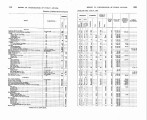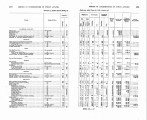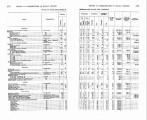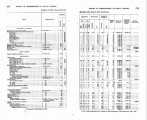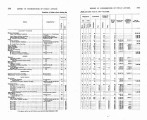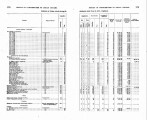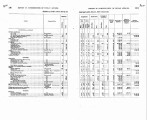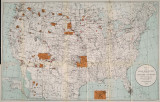| OCR Text |
Show 88 BEPORT OF COMMISSIONER OF INDIAN BFFAIES. diction of the United States courts, and therefore that section 2139 of the Revised Statutes of the United States does not apply to them. A territorial law, however, prohibits the sale of intoxicants to the Pueblo Indians, and under this law a good deal has been done to remedy the serious conditions which were, brought about by the decision above mentioned. In the current Indian appropriation act, the Congress appropriated $40,000 to carry on the work of suppressing the liquor traffic among the Indians during the fiscal year 1909. In order to obtain a more effective &d economical conduct of the work and the closer coopera-tion of the special officers engaged therein, the service mas reorgan-ized July 1, 1908, and William E. Johnson was placed in charge as chief special officer. His office headquarters have been established in Salt Lake city, Utah, and under the new system he will have the supervision of all the work in the field and will direct the movements of the special officers and other assistants to the best advantage. His capacity for such an undertaking long ago passed the experimental stage. EDUCATION. The general condition of edncational work of various kinds among Indians is epitomized in this table: Blnrollment md average attendance of Indian schools, 1807 and IYOS, nhozoing inorea8e in 1908 and number of schools. Enrollment. Average sttendance. NO. Of Kind of school. Increase Incraee SChoolB, -I- -- I-__- I 1 I 1 " V O U ~ public schools in which Indlan puplls were taught not enumerated here. A total of 281 government schools were conducted during the year, . a net increase of 2. The enrollment in these schools was 25,777, an increase of 143, and the average attendance was 21,807, an increase of I 122. The nonreservation schools show a decrease in average attend- |













































































































































































